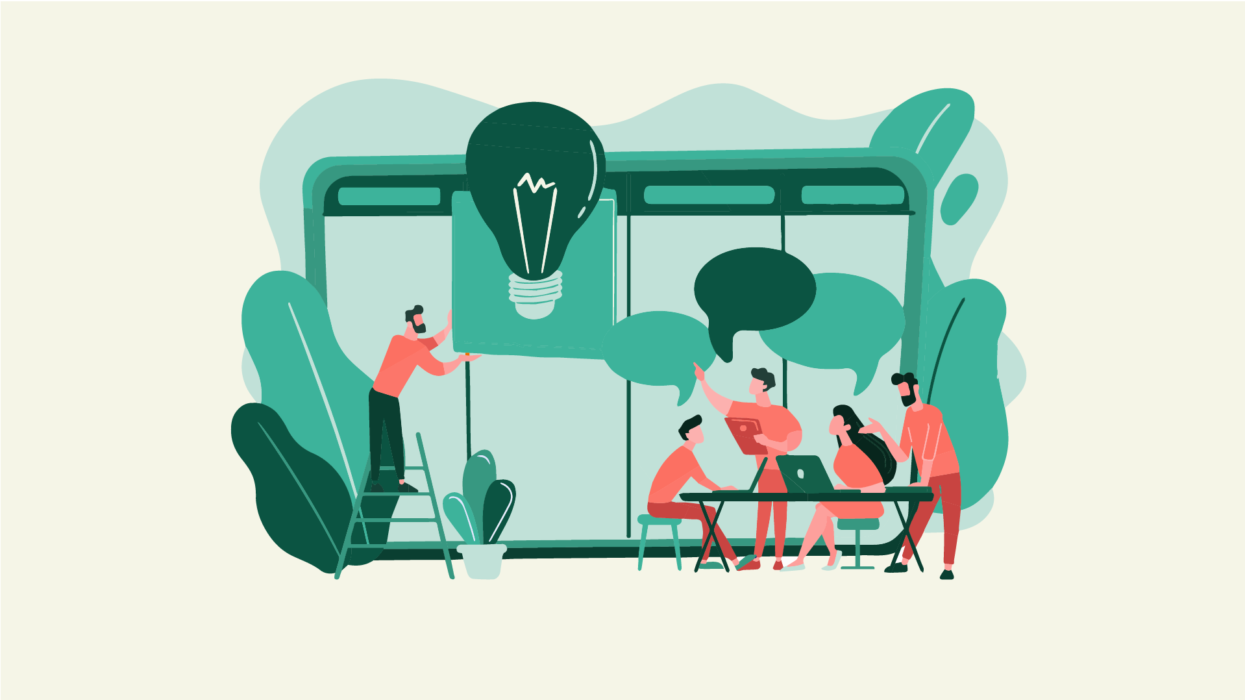To make social innovation happen, active support is beneficial throughout the social innovation process. This is shown in the report Making social innovation happen, analysis of best practices on support to social innovation.
The new report summarises findings from an analysis of best practices that support social innovation. It presents examples from organisations supporting social innovation in Spain, France, Latvia, and Sweden. The countries and organisations in the report are part of the project Building Capacity for a Sustainable Society (BuiCaSuS), one of several EU-consortia cooperating to strengthen competence centers and ecosystems for social innovation in EU member states, connected to the new funding period of the European Social Fund (ESF).
- The actors in this study provide insights, exemplifying how cross-sectoral co-creation can be supported in social innovation, says Anna Tengqvist, coordinator at Forum for Social Innovation Sweden, who has led the work with the report.
Best-practices for support throughout the social innovation process
The examples described in the report include methods, tools, and approaches to support the different elements of the social innovation process and examples at both grass root, societal and systemic levels.
One example is the Agirre Lehendakaria Center, the Basque Country’s social innovation lab in Spain. It involves people affected by the societal challenge through a method called “community listening process” in the entire process from needs description onwards. Another example is Avise, a competence center for social innovation in France, which offers support organisations the Cap Impact training program with various tools to measure social impact. Support organisations can then, in turn, support various social innovation projects and the ecosystem.
- These examples can inspire other support actors to continue to identify and facilitate solutions to societal challenges and to make them sustainable. The report also aims at showing which support is needed within the ecosystem for social innovation and what competences that help support social innovation on a systemic level, says Anna Tengqvist.
Research reveals a multi-faceted process
Research shows that social innovation encompasses several crucial elements in the process of developing and establishing social innovations – including identifying and understanding societal challenges, mobilisation of actors and resources, idea generation, implementation, and value creation. These elements do not necessarily occur in chronological order. They are often interwoven and iterated.
– Innovation is often reduced to a matter of generating new ideas, while the process is far more multi-faceted when aspiring for social change. It is therefore important to support all elements of the process, says Malin Lindberg, Professor at Luleå University of Technology, Sweden, who has contributed to the report.
Need for more knowledge and active support
The report also gives recommendations forward. There is a need for more knowledge on how to support the social innovation process’ different elements. Each element can benefit from active support, with suitable methods, resources, and actors. There is also a need for support of co-creation and cross-sectoral cooperation. Finally, it’s crucial to support the involvement of people affected by societal challenges.
- If we want to support social innovation processes, we need to facilitate processes where relevant actors co-create. There is a shared view on the need to co-create, but now we need to move forward and start doing it – with the support of research on what works, says Anna Tengqvist.
Read the ” Making social innovation happen, analysis of best practices on support to social innovation report” here (1MB)
Watch the Video here







